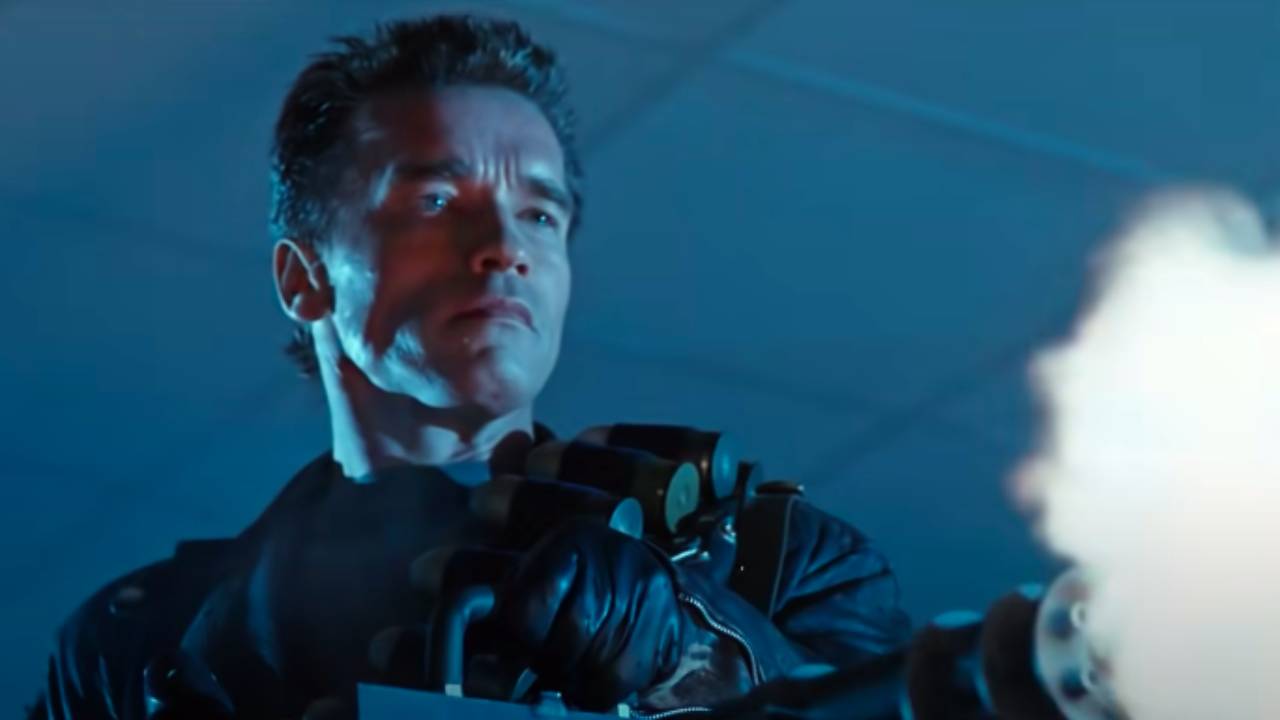7 Questions Every Proposed Sequel Should Have To Answer Before Filming
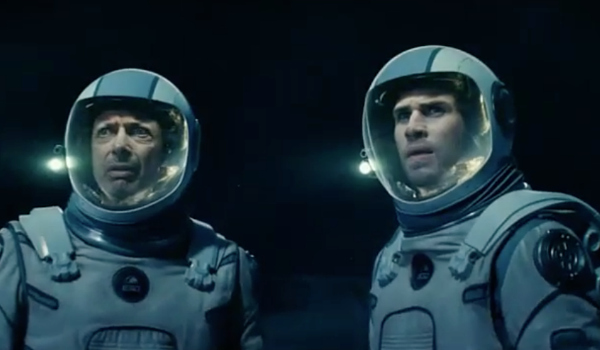
Half of the top 10 films at the 2016 box office consist of sequels, which is distinctive proof that audiences still have a hankering for them. But it has been far from plain sailing for follow-ups since the start of the year. Last week Independence Day: Resurgence joined Now You See Me 2, Teenage Mutant Ninja Turtles: Out Of The Shadows, Neighbors 2: Sorority Rising, Alice Through The Looking Glass, X-Men: Apocalypse, The Huntsman: Winter's War, Barbershop: The Next Cut, My Big Fat Greek Wedding 2, God's Not Dead 2, Allegiant, 10 Cloverfield Lane, Zoolander 2, Kung Fu Panda 3, and Ride Along 2 as yet another sequel that failed to eclipse the gross of its predecessor. That's a LENGTHY list.
Since the splurge of superhero movies at the turn of the millennium showed studios that sequels were the easiest and most profitable way to make heaps of cash quickly, they've turned sequels out in their droves. Especially in recent years, where the continued success of the Marvel Cinematic Universe has convinced them to go for broke with origin stories that they could then expand into huge franchises if need be. But even if these first films turn a profit, that doesn't mean that a sequel should instantly be green-lit.
Yet, they still keep coming. And at this point there are just so many in theaters (or on the way) that it's tiring to see the same labored promotional campaigns for the same lackluster, predictable follow-ups. Audiences want some of these, but not them all. In order for this to be accomplished studios need to thoroughly ask if their sequel is warranted. To help, here are 7 questions to guide them through this process.

1) Do People Actually Want This Movie?
Honestly, did we need Now You See Me 2? Sure, the original was flippant fun, but it was also instantly forgettable -- despite the fact that it starred Mark Ruffalo. Plus, it benefitted from being released during a rather lean period in the summer of 2013, as it came in between The Hangover 3 and This Is The End/Man Of Steel's weekends, while its main rivals for box office supremacy in this frame, The Internship and After Earth, both flopped. These factors weren't taken into account, though. All Summit Entertainment saw was that it had grossed $351.7 million from just a $75 million budget. Like a dog that nervously catches its tail, they snapped. They ordered a sequel without really considering the reasons why the original was successful, or if people cared about another.
But to focus on Now You See Me 2 is harsh, because the same can be said for Turtles 2, Hunstman 2, and Allegiant. The originals were lucky that they made so much money, but, because it's the norm, their studios followed the path to the sequel, just assuming audiences would follow. They didn't. Rather than lazily making sequels, they should instead look to make similar, original content that places the stars of these films into different but familiar circumstances. But that would be too complicated and long a process for studios to construct.
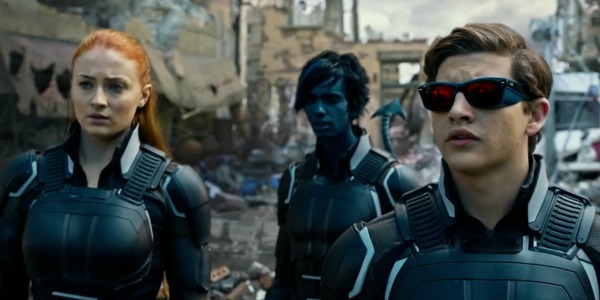
2) Is It The Right Time?
After noticing that decades-old, established properties (mainly comic book movies and Disney's live-action reboots of animated classics) were bringing in so much money, other studios soon started to trawl through their back catalogues to find movies that had either turned a profit in years gone by or had developed a cult audience that they could try and tap into. Which is why we've finally seen sequels to Independence Day, Zoolander, Barbershop, My Big Fat Greek Wedding, Alice In Wonderland, and Cloverfield, several years after the originals. But, in this case, absence didn't make the heart grow fonder, and audiences stayed away.
Meanwhile, on the other side of the coin, Ride Along 2, Teenage Mutant Ninja Turtles 2, Allegiant, and X-Men: Apocalypse were each rushed to the big screens, not giving audiences a chance to clamor for their return, or for those creating them to think of the perfect story and script to top their predecessors.
Your Daily Blend of Entertainment News
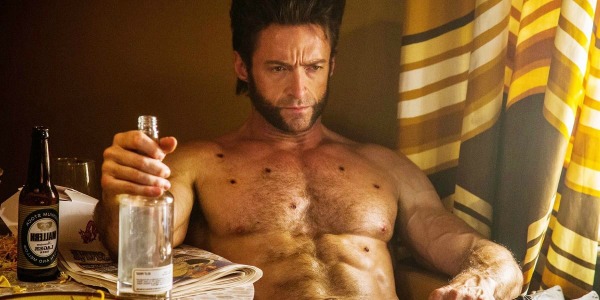
3) Are The Right People Coming Back?
Would Independence Day: Resurgence with Will Smith, The Huntsman: Winter's War with Kristen Stewart, and X-Men: Apocalypse with a more substantial role from Hugh Jackman have been more successful? It's impossible to know, but their confirmed absences each put their films on the back foot even before production had begun. Suddenly a seed of doubt was put into moviegoers' minds, who are a stubborn bunch to win back around. An underwhelming trailer then all but confirms the audience's decision not to go and see these films, and it's a trajectory that begins all when the original star decides not to come back.
So it begs the question: once the main star says no, what's the point in proceeding?
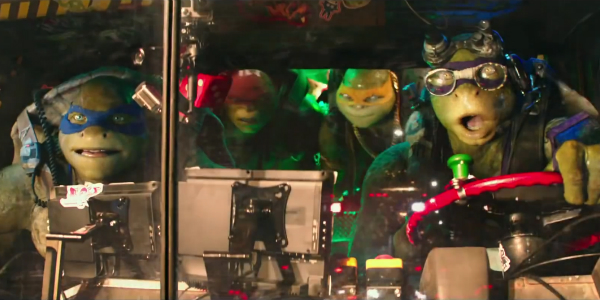
4) Was The Original Actually Good?
As we all know, in Hollywood quality, or the lack thereof, is not always a good barometer for success. Just look at the Transformers franchise. _But this year's underwhelming performance of sequels suggests that audiences have now finally tired of mediocrity. _Ride Along, Teenage Mutant Ninja Turtles, Snow White And The Huntsman, Insurgent, God's Not Dead, and Now You See Me each scored less than 50% on Rotten Tomatoes, giving their follow-ups a paltry platform to build upon in their attempts to bring new viewers on-board. Not only did their subsequent performances prove that they couldn't get new viewers interested, but they also failed to appeal to all of those that originally saw them, too.
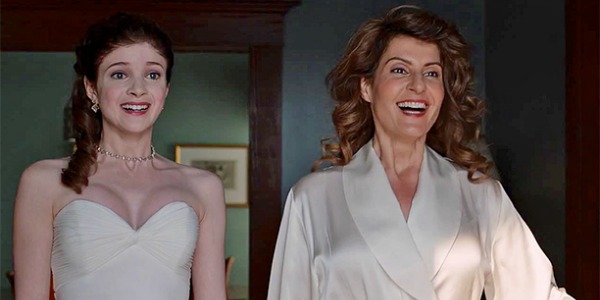
5) Does It Need An Increased Budget?
Hollywood has this perverse notion that to build upon success, they need to throw even money at a sequel. Not only does this suddenly increase the need for the follow-up to make even more money, but you also risk eradicating the soul and appeal of the original by making its sequel too glossy and fresh.
Increased budgets were actually the downfall for several of the aforementioned films, as Neighbors 2: Sorority Rising, Now You See Me 2, Teenage Mutant Ninja Turtles: Out Of The Shadows, My Big Fat Greek Wedding 2, and Ride Along 2 were each given more money to play with that ultimately failed to make it up onto the big screen, or increase the excitement and scope of the film. Mo' money? Mo' problems.
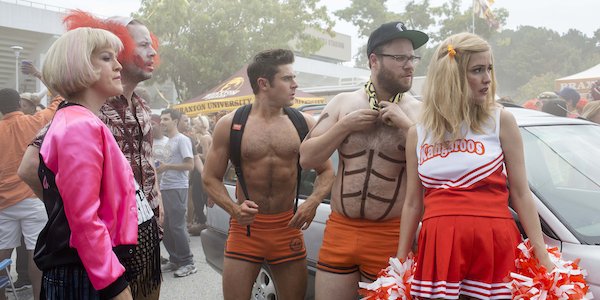
6) What's The Franchise Potential?
Currently, every studio is on the lookout for their very own movie universe, which can be expanded to include twice-yearly releases that bring in as much money as Captain America, Iron Man et al does for Marvel. Obviously, these aren't too easy to either come across or expand. But while hooking an audience into such a universe is the golden goose, studios need to realize that audiences no longer feel a strong desire to simply go and see a sequel just to reconnect and catch-up with the characters in the same way as they did in years gone by with Lethal Weapon, Police Academy, Die Hard or Pink Panther. They've been lied to too many times before.
Instead, the franchises that thrive have done so because they've managed to convincingly up the stakes (Mission Impossible, James Bond, Fast & Furious) and there's obviously more room for the story to go (Marvel, Star Wars, Pixar). Audiences have now realized that seeing Neighbors 2 isn't going to change their lives, and since there's never been a shorter time between the transition from the big to the small screen they might as well just wait.
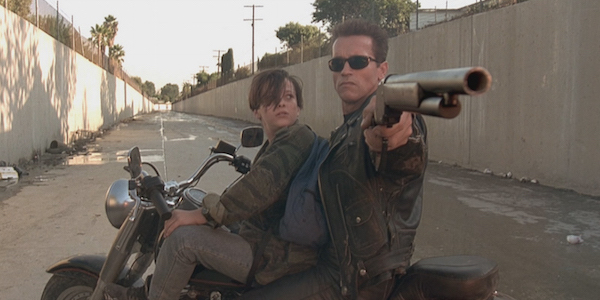
7) Can The Story Be Told Differently?
The two greatest blockbuster sequels of all time are, arguably, Aliens and Terminator 2: Judgment Day. It's a sad state of affair that neither of these James Cameron epics would probably be greenlit in the current climate. Both came seven years after the originals, and were hugely different from their originals, as Aliens was a bombastic action film compared to the taut thriller/horror Alien while Judgment Day twisted the original on its head and made Schwarzenegger the goodie.
But this is the perfect model for releasing a sequel. Not only is it the right amount of time for audiences to crave a follow-up, but taking it into uncharted territories will pique their interest even further. Plus, it also helps if you have a bona-fide cinematic genius overseeing production, too. Unfortunately, Hollywood want a quicker turnover than every seven years, though. That's despite the fact that a speedier method results in them releasing an inferior product that is unsatisfying for the paying public. But now that audiences are beginning to stay away, we'll hopefully see the tide turn back towards this model. Or at least the disappearance of needless sequels that no-one ever threatened to care about.

